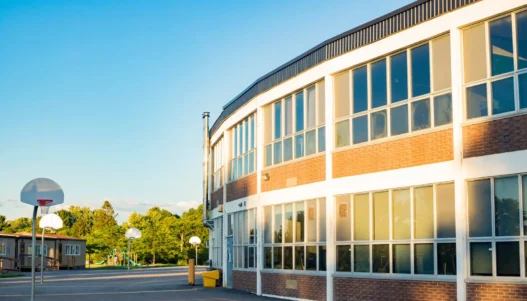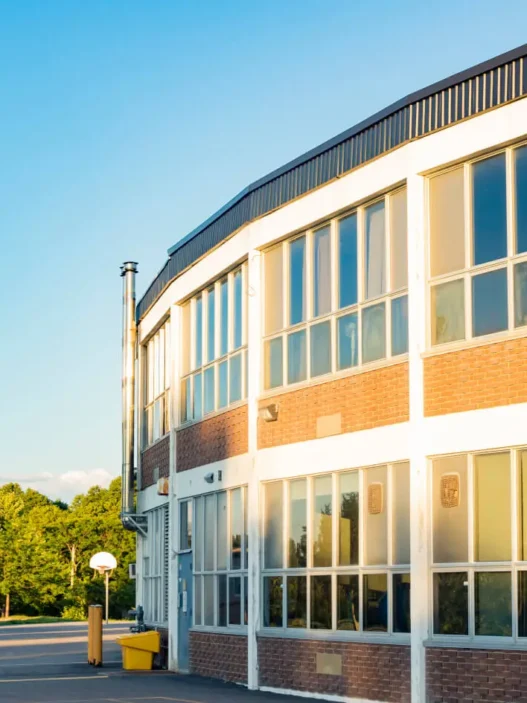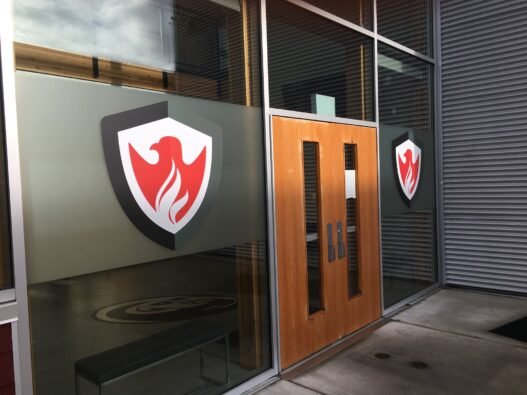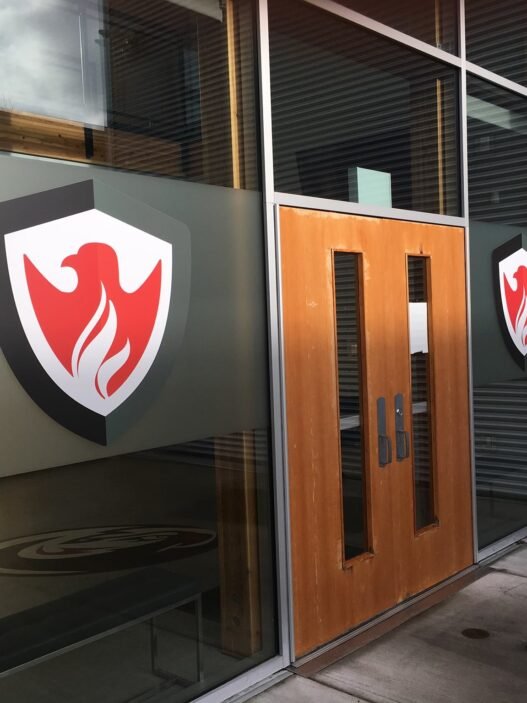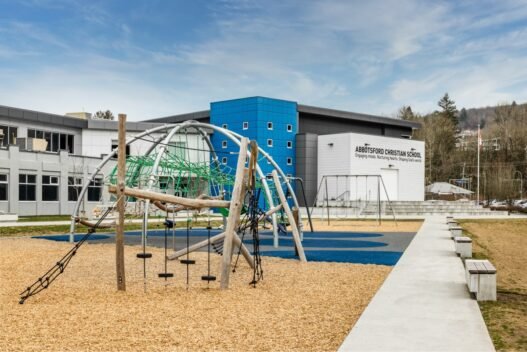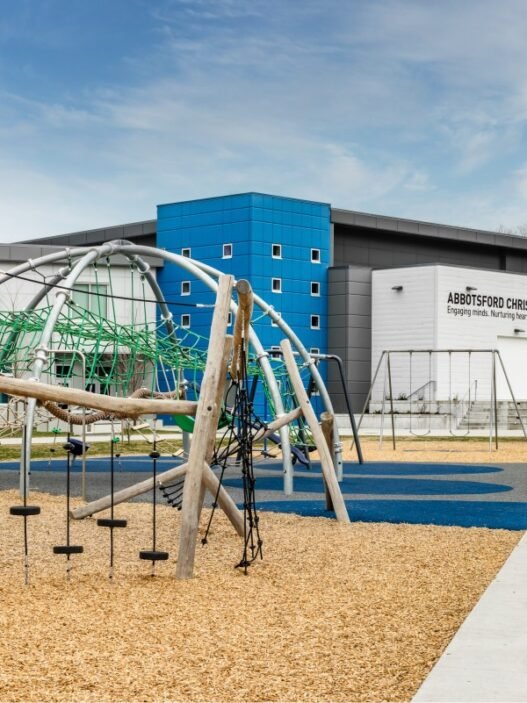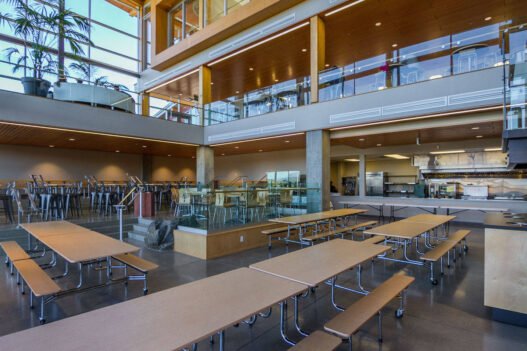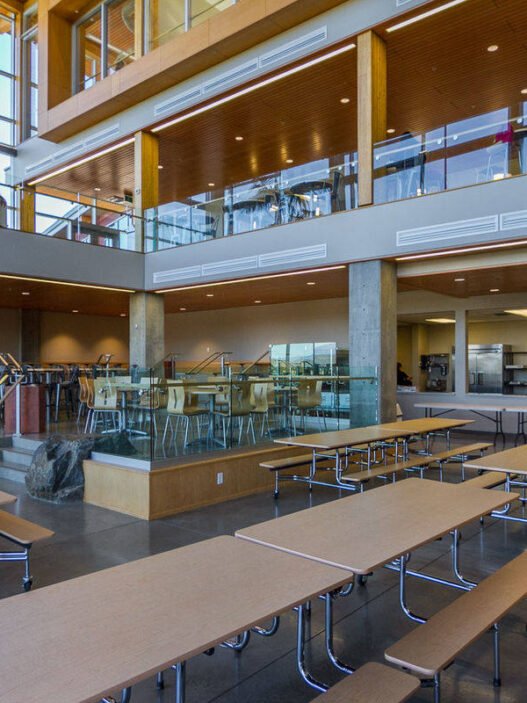Although the Fraser Institute has not published an updated secondary school report card since 2020, its most recent rankings remain a telling snapshot of academic performance across Vancouver. More than a list of scores, the report offers insight into how educational success is built—not just inside classrooms, but within families, communities, and institutions.
The rankings, which draw on standardized Grade 10 assessments, graduation rates, and delayed advancement data, don’t just reflect how schools function—they hint at why they thrive. Vancouver’s strongest-performing schools span sectors: public, independent, religious. What they share is not funding or prestige alone, but alignment. They operate in ecosystems where expectations are synchronized between home, school, and student.
In many cases, education is treated as a multigenerational mission. Parents invest early, schools coordinate closely, and students arrive primed for structure and rigor. This cultural backdrop shapes the performance metrics, not the other way around. What follows is a closer look at the top-ranked Vancouver secondary schools and the forces—social, pedagogical, and economic—that help explain their enduring excellence.
Top 12 High Schools in Vancouver
1. Crofton House School
Located in Kerrisdale, Crofton House is an independent, all-girls school that tied for first place in the province. It serves students who, based on school communications and academic programming, typically arrive with well-developed literacy and numeracy skills.
The school combines high expectations with structured support. Small class sizes allow for individualized instruction, while early university planning and strong administrative continuity help sustain performance. Crofton’s academic strength appears closely tied to its organizational design and focused student body.
2. Little Flower Academy
Also tied for first in the province, Little Flower Academy is a Catholic all-girls school in Shaughnessy. It operates with lower tuition than most independent schools and places a strong emphasis on discipline, community, and values-based education.
Despite modest facilities, the school consistently ranks among the top in B.C. Its student body is drawn from across Metro Vancouver and reflects a longstanding reputation for academic consistency. Teachers tend to stay long-term, and expectations for student behavior and performance are clearly communicated.
3. West Point Grey Academy
This co-educational independent school near Jericho Beach also tied for the top provincial ranking. West Point Grey Academy emphasizes interdisciplinary learning and offers a curriculum that includes STEM, humanities, and entrepreneurship.
The school’s performance likely reflects both its academic programming and the background of its student population. Families enrolling at WPGA often supplement classroom learning with extracurriculars and outside academic support. The school’s emphasis on creativity and innovation is structured within a rigorous assessment framework.
4. York House School
Ranked seventh provincially, York House is another all-girls independent school located in Vancouver’s West Side. It offers a rigorous academic program across subjects and includes leadership development, fine arts, and service learning as core components of its curriculum.
York House serves students from a wide range of cultural backgrounds. The school’s success appears linked to consistent governance, strong instructional quality, and a focus on well-rounded development. Its high academic standards are matched by programs that promote student confidence and global awareness.
5. St. George’s School
Tied for eighth in B.C., St. George’s is Vancouver’s leading all-boys private school. It offers both day and boarding programs, and serves students from across Canada and abroad.
The school blends traditional academics with experiential learning. Programs in outdoor education, leadership, and athletics are offered alongside AP courses and academic enrichment. St. George’s ranking reflects the selectivity of its student body and the depth of its academic and extracurricular offerings.
6. Vancouver College
Vancouver College, ranked 13th provincially, is a Catholic boys’ school in Shaughnessy. Compared to other independent schools, its tuition is moderate, and its student population includes many middle-income families.
The school promotes discipline, structure, and service. Classrooms are orderly, and academic expectations are clearly enforced. Vancouver College’s ranking reflects its ability to deliver high academic outcomes within a traditional, values-based framework.
7. King David High School
King David High School, tied for 14th in B.C., is Vancouver’s only Jewish secondary school. It integrates religious education with British Columbia‘s provincial curriculum and places a strong emphasis on ethics, academic rigor, and community service.
The school’s small size enables individualized attention, and students are supported through close relationships with faculty. Its strong results suggest that both academic programming and family engagement contribute to student success.
8. Stratford Hall
Also ranked 14th, Stratford Hall is an International Baccalaureate (IB) World School in East Vancouver. It offers the full IB continuum and serves students from kindergarten through Grade 12.
The IB Diploma Programme requires independent research, interdisciplinary coursework, and community service. Stratford Hall’s ranking reflects both the intensity of the curriculum and the level of academic preparation among its students. Families are typically drawn to the school’s global orientation and inquiry-based approach.
9. St. John’s School
Ranked 17th in the province, St. John’s is another IB-accredited independent school located in the West Side. It is smaller than many of its peers but emphasizes academic depth and student support.
The school offers a curriculum grounded in critical thinking, with personalized academic advising and close communication between teachers and families. St. John’s outcomes appear tied to its individualized instruction and strong faculty retention.
10. Lord Byng Secondary
Lord Byng is Vancouver’s highest-ranked public high school, tied for 21st in B.C. It is located in a West Side neighborhood with a highly educated population, and the student body includes many students whose families prioritize academic achievement.
The school offers a Mini School program for academically motivated students and a Fine Arts stream that attracts talent citywide. High staff retention and an engaged parent advisory council contribute to a stable academic environment.
11. Notre Dame Regional Secondary
Tied for 47th provincially, Notre Dame is a co-educational Catholic school in East Vancouver. It draws students from across the region, including many from ethnically diverse Catholic communities.
The school maintains a structured learning environment, with expectations around behavior, dress, and academic engagement. Tuition is lower than most private schools, and the school’s success is grounded in clear routines and consistent academic standards.
12. Point Grey Secondary
Also tied for 47th, Point Grey is a large public school in Kerrisdale. It serves a catchment that includes many families of East Asian descent, where academic support outside school hours is common.
While the school does not offer a dedicated gifted program, it succeeds through experienced staff, strong student motivation, and an active extracurricular culture. Many students pursue private tutoring or weekend classes alongside regular coursework.
Conclusion
Vancouver’s top-performing secondary schools, as measured by the Fraser Institute’s most recent rankings, reflect more than institutional quality—they reflect educational ecosystems. From independent academies with carefully designed curricula to public schools serving high-expectation neighborhoods, these schools benefit from structured environments, engaged families, and well-prepared students.
In nearly every case, academic performance is supported by a network of factors: cultural emphasis on education, school-based programming, consistent instruction, and often, supplementary learning outside of school. While rankings capture one dimension of success, they also reveal how systems—social, institutional, and academic—shape outcomes over time.
As new data becomes available in the future, these patterns will be worth revisiting. For now, the Fraser Institute report continues to offer insight into how—and where—Vancouver schools help students succeed.








